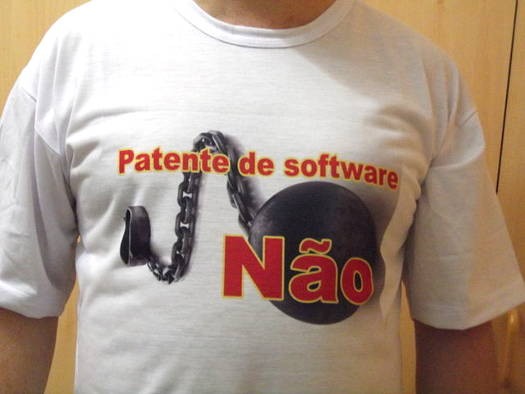FOSS Week in Review
Also, eight new distro releases, CoreOS raises another $28 million, Mint drops codecs and the women of open source.
The most reported FOSS story this week was the beginning of the court fight instigated by Oracle against Google over Android’s Java implementation. Most interesting as the proceedings get going are the once familiar names that are now back in the news.
So far, we’ve heard from Jonathan Schwartz, pretty much a good guy who you might remember replaced Scott McNealy as CEO at Sun Microsystems in April 2006 and was on hand to pass the keys of the kingdom on to Oracle in 2010 after the company was brought down by the so-called Great Recession.
Christine Hall has been a journalist since 1971. In 2001, she began writing a weekly consumer computer column and started covering Linux and FOSS in 2002 after making the switch to GNU/Linux. Follow her on Twitter: @BrideOfLinux



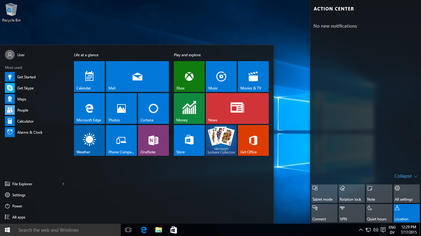
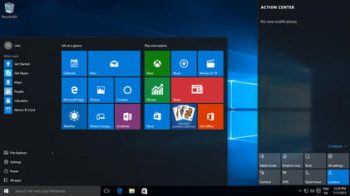
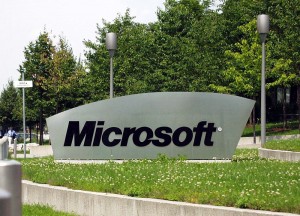
 Times have changed. Android is still winning on mobile, but other than that, Microsoft is back on track and is maybe more secure than ever. That’s not good for FOSS.
Times have changed. Android is still winning on mobile, but other than that, Microsoft is back on track and is maybe more secure than ever. That’s not good for FOSS.

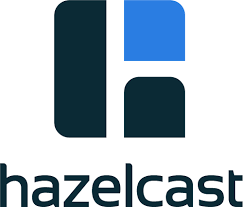
 Chariot has extensive open source experience, with many of its consultants actively contributing to key OS Java projects. Working with partners, the company advises clients on the evolving open source Java landscape, delivering tailored solutions which incorporate frameworks and tools that are commercially viable due to established community support and enhancement. Prior to signing an official partnership agreement, the two companies had worked together on several projects in telecoms and media.
Chariot has extensive open source experience, with many of its consultants actively contributing to key OS Java projects. Working with partners, the company advises clients on the evolving open source Java landscape, delivering tailored solutions which incorporate frameworks and tools that are commercially viable due to established community support and enhancement. Prior to signing an official partnership agreement, the two companies had worked together on several projects in telecoms and media.